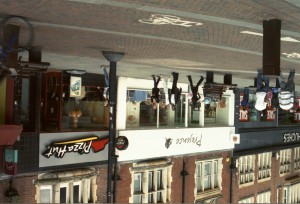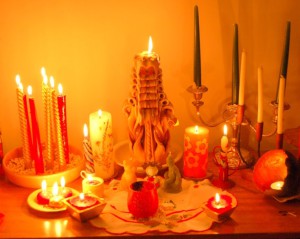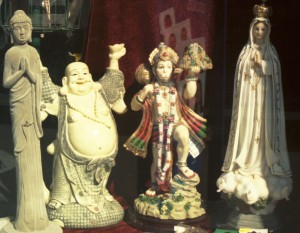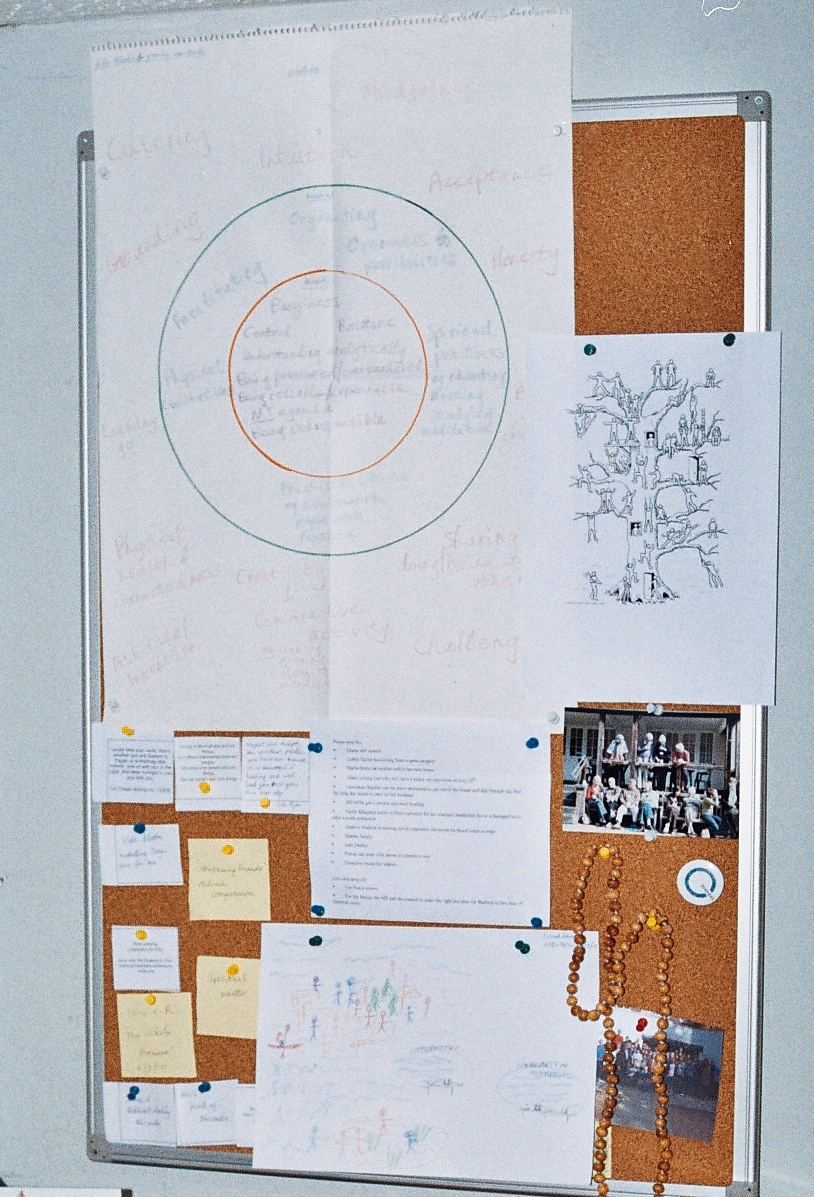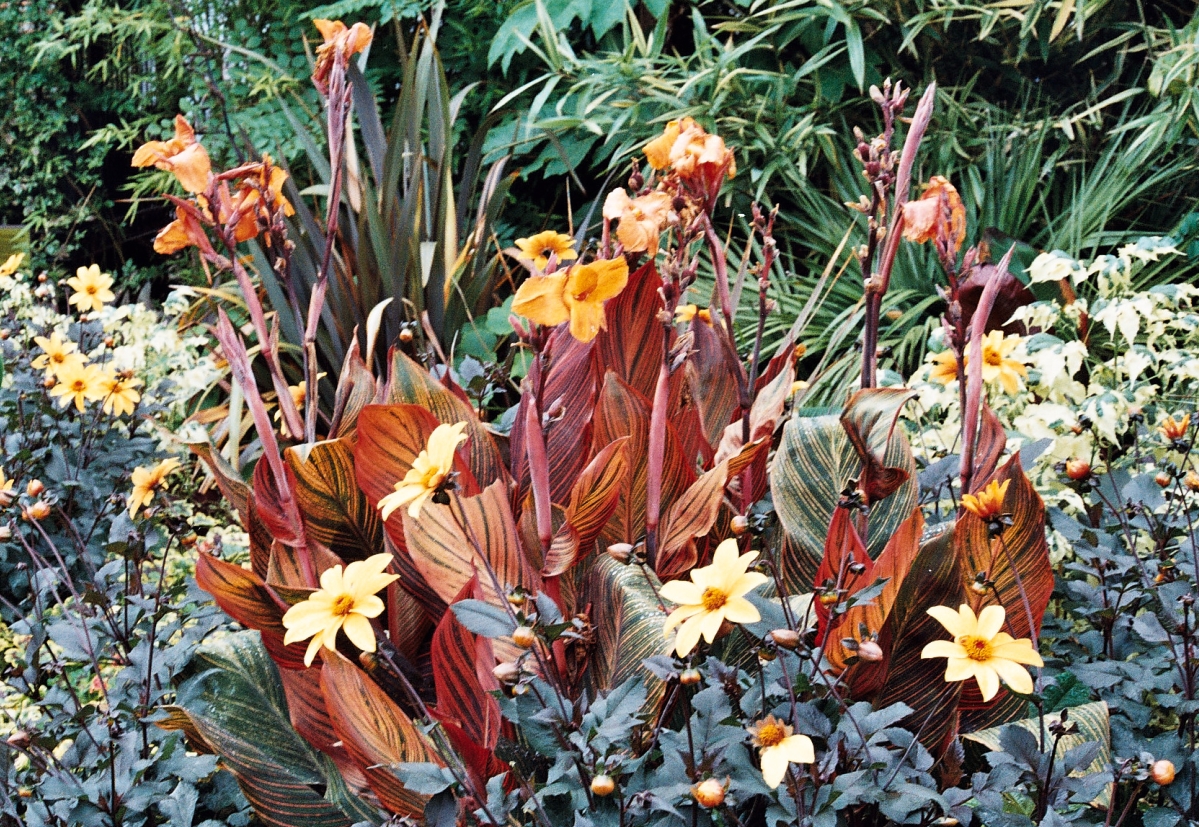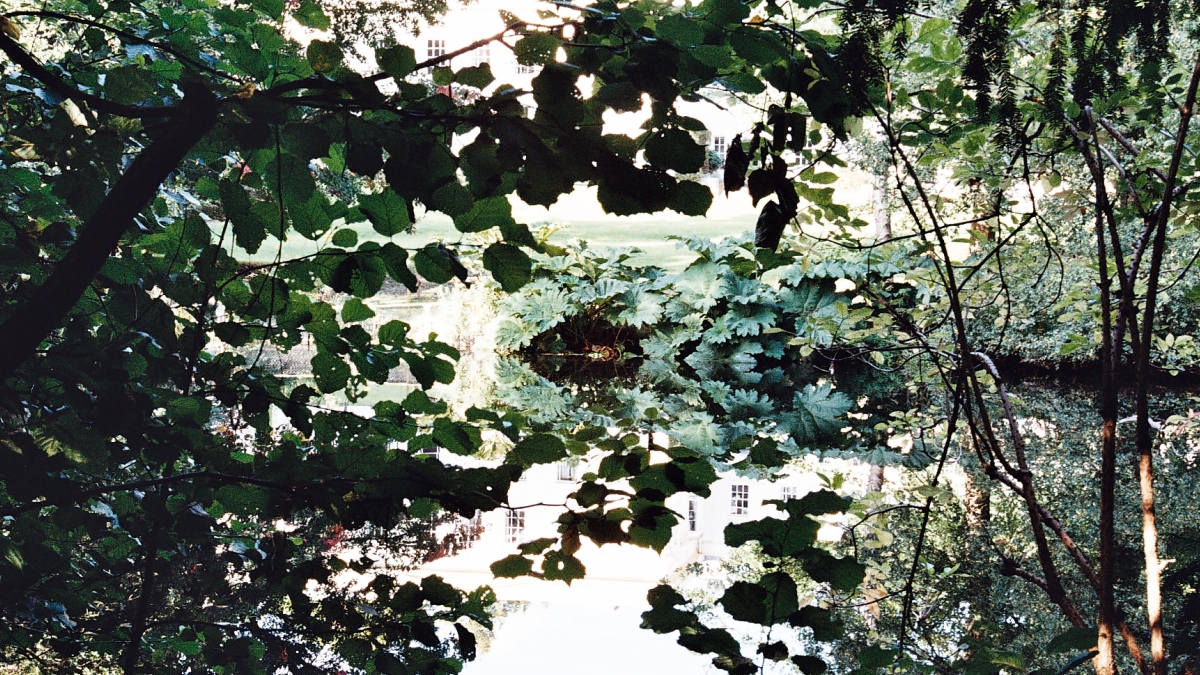I am like a seed. I have a hard outer coat that must be cracked open, making me vulnerable, if I am to grow.
A Friend shared with me recently how, after years of feeling that in his meeting he was not really known and did not know others ‘in the things that are eternal’, this metaphor had helped him to realise that the problem lay in himself, rather than in the things the meeting was or was not doing. He has been a Friend for sixty plus years, belonging to several meetings during that time and in the current one for more than ten. He was delighted to share that he had been able, this year, to invite a group of attenders to his home. Using ‘Becoming Friends’ as a basis, the group had begun to know one another in the way he had hoped for. In doing this he had opened himself and his home, both making himself vulnerable and creating a safe space to do that in, and thereby opening the possibility for others.
In worship too we need to be prepared to be vulnerable. To let the Spirit move through us, to be a channel for the Love of God, we have to be open and that leaves us vulnerable. We need the support of others to do this.
Some among us have a particular gift for vulnerability.
A few weeks ago a Friend in my meeting sat and sobbed quietly throughout meeting for worship. Few in the room would have heard her, but I went and thanked her afterwards for her ministry. It had opened up awareness and compassion in myself.
Most of us who worship regularly in expectant waiting silence will have experienced the hesitant stumbling words of the Friend called to minister from the heart. Their words may be hard to understand in any intellectual sense, but they release something in others by their willingness to be vulnerable and to be used by the Spirit. Such ministry often leads to other spoken contributions, but also move something non-verbal within others who hear it.
May we all be a little more willing to crack open our hard outer seed coat and let the Love of God move in us and through us, so that we grow in the Spirit and help others to grow too. Let us also support those who offer us their vulnerability. We might offer time to listen, a cup of tea or a clean handkerchief. It will not be easy, it will be distressing and painful at times, but let us give thanks for the distress and pain too, knowing that it is helping us to grow together and to become more fully who God wants us to be.




